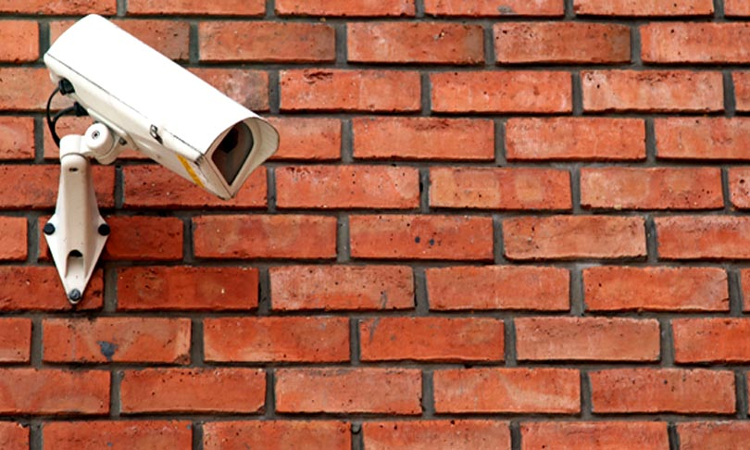
CAG Report Exposes AAP’s Failures: Unused Covid Funds, Dilapidated Clinics, and Corruption Allegations
Corruption Allegations Against AAP and Kejriwal The Aam Aadmi Party (AAP) has long touted itself as a champion of governance and transparency, but the latest report by the Comptroller and Auditor-General (CAG) has painted a different picture. The report, tabled in the Assembly, has revealed significant irregularities in Delhi’s healthcare infrastructure, including underutilization of COVID-19 relief funds, an acute shortage of medical staff, and alarming gaps in patient care. These findings have intensified the corruption allegations against AAP and its leader, Arvind Kejriwal, raising questions about the mismanagement of public funds. The ruling Bharatiya Janata Party (BJP) has seized upon the report, presenting it as further evidence of the failures of the AAP government. The findings have come at a critical juncture when the opposition is already targeting AAP over the alleged liquor excise policy scam, which led to Kejriwal’s imprisonment last year. CAG Findings: Underutilized Covid Relief Funds The CAG report reveals that AAP's administration failed to fully utilize the funds allocated by the central government for COVID-19 relief. Out of the ₹787.91 crore granted, only ₹582.84 crore was used. Shockingly, ₹30.52 crore meant for human resources remained unspent, suggesting that healthcare workers were underpaid and fewer were hired than required during the pandemic. Additionally, ₹119.95 crore was allocated for essential medicines and personal protective equipment (PPE). However, only ₹83.14 crore was utilized, despite widespread shortages of PPEs for frontline healthcare workers at the peak of the crisis. These lapses raise serious concerns about the AAP government’s priorities and its ability to manage emergency healthcare resources efficiently. Severe Shortages in Delhi’s Public Hospitals One of the most damning aspects of the report is the revelation of an acute shortage of beds and medical personnel in Delhi’s hospitals. Between 2016 and 2021, budget provisions were made for 32,000 additional hospital beds, but only 1,357 were actually added. This massive shortfall has led to hospital occupancy rates between 101% and 189%, resulting in overcrowded and under-equipped medical facilities. The shortage of healthcare professionals is equally dire. The report highlights a deficit of over 2,000 medical personnel across five major institutions, including Lok Nayak Hospital and Chacha Nehru Bal Chikitsalaya. In Janakpuri and Rajiv Gandhi Super Speciality Hospitals, there is a 50% shortfall in doctors, a 73% shortage in nursing staff, and a 17% deficit in paramedics. Moreover, the Lok Nayak trauma center lacks specialist doctors, further exacerbating the healthcare crisis. Long Waiting Times for Surgeries Patients requiring major surgeries, particularly burn victims, face agonizing delays due to a lack of medical facilities. The CAG report states that at Lok Nayak Hospital, patients with burn injuries must wait at least six months for surgery, while at Chacha Nehru Bal Chikitsalaya, the waiting period extends to a shocking 12 months. These delays are attributed to a lack of intensive care units (ICUs), blood banks, and ambulances. According to the report, 14 out of 27 audited hospitals do not have an ICU, 16 lack blood banks, and 12 operate without ambulances. This grim reality underscores the severe inadequacies in Delhi’s healthcare system under AAP’s governance. Mohalla Clinics in Disarray AAP’s much-publicized 'mohalla' clinics, introduced as a revolutionary healthcare initiative, have also come under fire in the CAG report. The report states that 21 clinics do not have toilets, 15 lack power backup, and 12 are not accessible for disabled individuals. These shocking deficiencies indicate that the initiative, which was marketed as a model for affordable healthcare, has failed to provide even basic infrastructure. The BJP has used this as further proof of AAP’s inefficiency, arguing that the clinics were a political gimmick rather than a sustainable healthcare solution. Political Fallout: BJP vs. AAP in the Assembly The CAG report has triggered a fresh political battle between the BJP and AAP. With the BJP having recently secured a landslide victory in the elections, they are determined to hold AAP accountable for alleged misgovernance and corruption. AAP lawmakers, however, have pushed back. In a dramatic turn of events, 21 AAP legislators were suspended from the Assembly, leading to protests outside the House. Former Chief Minister Atishi, now the Leader of the Opposition, condemned the suspensions, calling them a "severe blow to democratic values." The ongoing confrontation between AAP and BJP suggests that the healthcare report will remain a contentious issue in Delhi politics. AAP’s Governance Under Scrutiny The CAG’s findings have added fuel to the fire of corruption allegations against AAP and Arvind Kejriwal. The report not only exposes severe shortcomings in healthcare infrastructure but also raises serious questions about the party’s ability to manage public funds effectively. With Kejriwal already under scrutiny for the alleged liquor excise scam, the latest revelations could further damage his party’s credibility. While AAP continues to defend its governance, the BJP is expected to use these findings to strengthen its case against the party in future political battles. For the people of Delhi, these revelations are more than just political ammunition—they highlight systemic failures that have real-life consequences. Whether AAP can recover from this latest controversy remains to be seen, but one thing is clear: the party’s governance is under intense scrutiny like never before. (With inputs from agencies)







